
Energy Deal with China Unlikely in PM’s China Visit
When the Ministry of Foreign Affairs officially announced the Prime Minister Pushpa Kamal Dahal’s visit to China on Constitution Day (Ashoj 3), it raised eyebrows as Minister for Energy, Water Resources, and Irrigation, Shakti Bahadur Basnet, was conspicuously absent from the visiting delegation. Even Kulman Ghising, the executive director of Nepal Electricity Authority, a key figure in the energy sector, was not included in the delegation.
Prime Minister Dahal is all set to commence his week-long visit to China, starting Friday (today).
Officials from the Ministry of Energy have clarified that the Energy Minister was excluded because there won’t be any significant agreements related to electricity trade during the Prime Minister’s visit to China.
China has expressed its willingness to sign an electricity trade agreement with Nepal, but Nepal appears to have chosen not to rush into such an agreement. This decision has cast doubts on the prioritization of an agreement made five years ago during the tenure of then-Prime Minister KP Sharma Oli.
The agreement in question was signed between the State Grid Corporation of China and Nepal Electricity Authority and aimed at constructing a 400 kV transmission line stretching from Ratamate in Nuwakot to Kerung, coincidentally starting at the same point as the Millennium Challenge Corporation (MCC) of American aid.
Despite China’s long-term plans for connecting through transmission lines, this matter is not currently a top priority during the Prime Minister’s visit. The primary focus of the visit does not revolve around this project, which was initially agreed upon during Prime Minister KP Sharma Oli’s tenure.
The Ratamate-Rasuwagadhi-Kerung transmission line project spans 70 km in Nepal and 79 km in China, with 112 towers planned along the route. This transmission line boasts a capacity of 400 KV towards Nepal and 500 KV towards China, enabling the transportation of up to 5,000 MW of electricity.
An official from the Ministry of Energy, Water Resources, and Irrigation commented, “China has expressed interest, but we must first prepare the necessary transmission infrastructure to facilitate electricity trade with China.”
One of the main reasons behind Nepal’s reluctance to sign an electricity trade agreement with China is its strategy of not provoking India. India has already formalized an announcement to purchase 10,000 megawatts of electricity from Nepal over the next 10 years through a long-term inter-government power trade agreement.
The 25-year agreement was initiated during Prime Minister Pushpa Kamal Dahal’s visit to India, and India’s Prime Minister Narendra Modi announced this initiative during a joint press meeting, setting a goal of importing 10,000 MW of electricity from Nepal over the next decade.
However, sources suggest that the focus of discussion during the Prime Minister’s visit to China is likely to center around the Chilime-Kerung 220 kV transmission line construction plan, with China showing a positive attitude towards it. Although discussions on the project may take place during the visit, finalizing the construction modality appears unlikely.
China’s keen interest in large hydropower projects, notably the Arun Hydropower Project in Kimathanka, will also be on the table for discussions between the two nations. Additionally, there are whispers of potential energy-related subsidies that China might announce during the visit.
Despite these prospects, the likelihood of an energy trade agreement with China during this visit appears to be diminishing. Experts in the field emphasize that this should be viewed as a normal part of diplomatic negotiations and should not cause undue concern.
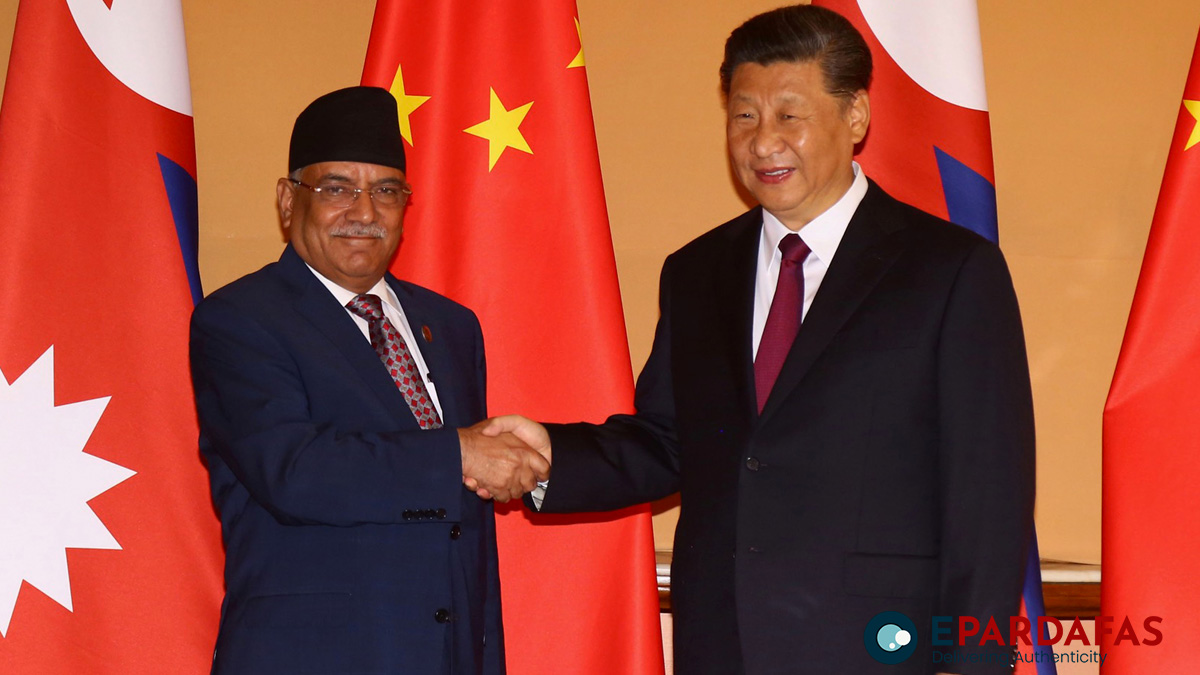
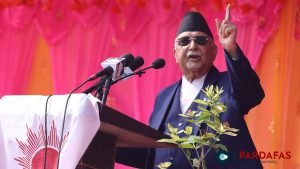
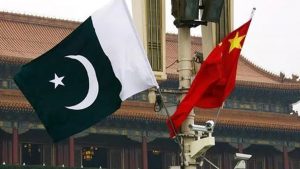
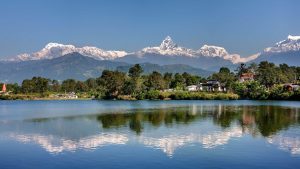
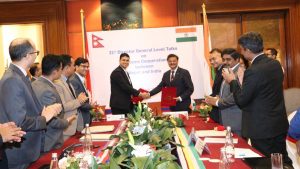

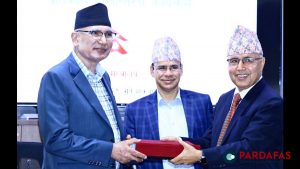






Comments